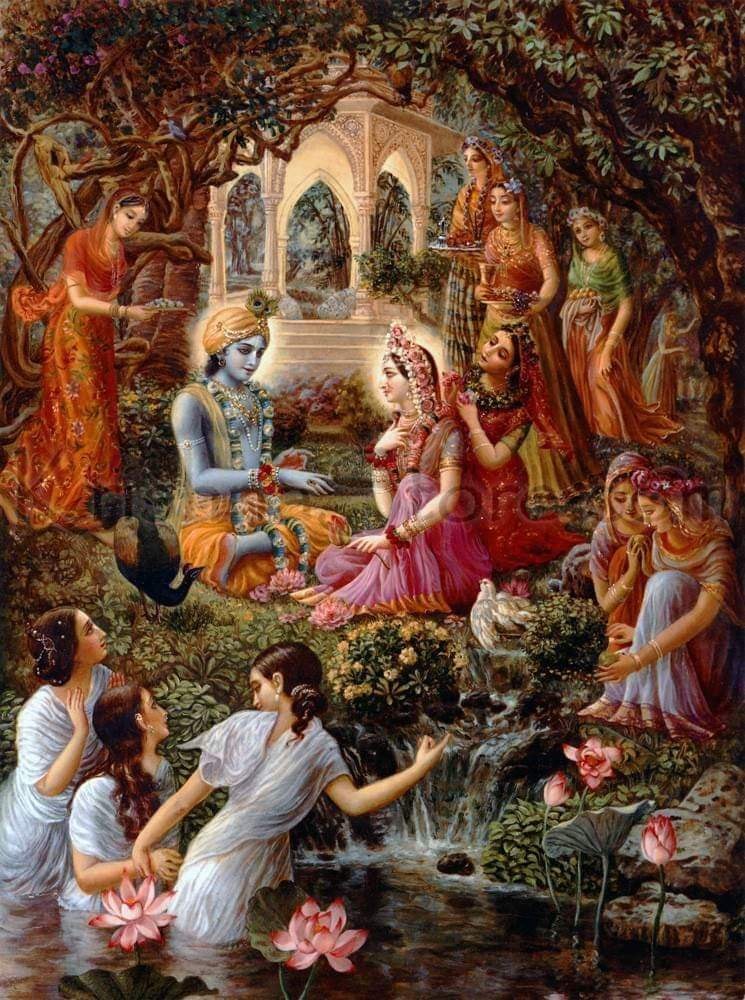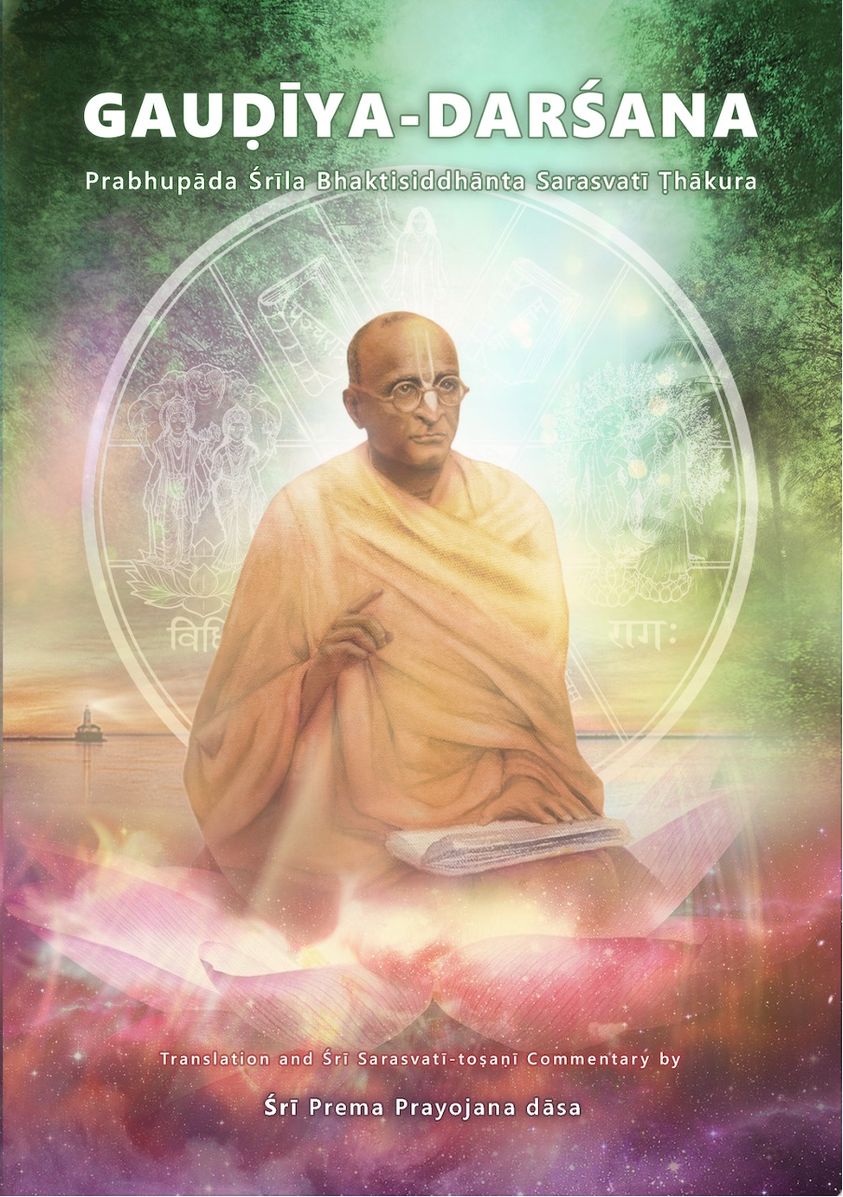Mind Control
Exerpt from Srila Bhaktivedanta Narayana Maharajas Bhagavad Gita Chapter 6 Texts 6-9

Srila Bhaktivedanta Narayana Maharaja
Bhagavad Gita Chapter 6 Text 6
For one who has conquered his mind, the mind is his friend, but for the jivatma who has no control over his mind, it works against him just like an enemy.
TRANSLATION BY BY SRILA VISVANATHA CAKRAVARTI THAKURA
Whose friend and whose enemy is the mind? To answer this, Sri Bhagavan is speaking this sloka beginning with the word bandhuh. For the atma, that is, the jiva who has conquered his mind, the mind is his friend. But for one who is anatma, whose mind is uncontrolled, it acts harmfully likean enemy.

The Holy Names alone can control the ever flickering mind
Bhagavad Gita Chapter 6 Text 7
One whose mind is controlled is free from the dualities of heat and cold, happiness and misery, honour and dishonour, attachment and envy. The soul of such a yogi is deeply absorbed in samadhi.
TRANSLATION BY BY SRILA VISVANATHA CAKRAVARTI THAKURA
Now, in these next three slokas the characteristics of one who is yoga-arudha are being described. A person who is jita- atmanah (one who has conquered his mind) and prasanta (free from attachment, envy and so forth) is properly situated in samadhi and is not disturbed by heat or cold, honour or dishonour.
TRANSLATION BY SRILA BHAKTIVEDANTA NARAYANA MAHARAJA
In the original sloka, the word paramatma does not mean Paramesvara-Paramatma, but it indicates the atma, or the jivatma. Here, the meaning of the word parama with the word samahitah is that a person endowed with the above symptoms is deeply absorbed in samadhi. Both Srila Visvanatha
Cakravarti Thakura and Srila Baladeva Vidyabhushana have said that the word parama here indicates intensity.
![lordkrishna[1]](http://www.harekrishnasociety.com/wp-content/uploads/2012/04/lordkrishna1-150x150.jpg)
Meditate upon Krishna not a light or nothing and mind control becomes easy
Bhagavad Gita Chapter 6 Text 8
A person whose mind is satisfied by jnana and vijnana, whose consciousness is unaffected by material transformation, who has conquered the senses, and who looks equally upon sand, stone and gold is yoga-arudha, adept on the path of yoga.
TRANSLATION BY SRILA VISVANATHA CAKRAVARTI THAKURA
Those whose hearts have become free from hankering, and are satisfied due to having both jnana (knowledge) and vijnana (direct realisation of this knowledge) are kuta-sthah, that is, they are always situated in the true nature of their selves and remain detached from all mundane objects. For
them, a grain of sand, gold and so on are all the same.
SARARTHA-VARShINI PRAKASIKA-VRiTTI BY SRILA BHAKTIVEDANTA NARAYANA MAHARAJA
Kuta-sthah: kala-vyapi sa kuta-sthah eka-rupataya tu yah. One who is devoid of sensual disturbance and eternally remains situated in his own svarupa is called kuta-sthah.

Equal Vision
Bhagavad Gita Chapter 6 Text 9
One who looks upon well-wishers, friends, enemies, neutral people, arbitrators, envious people, relatives, saintly persons and sinners with equal vision is even more exalted.
TRANSLATION BY SRILA VISVANATHA CAKRAVARTI THAKURA
Suhrid means one who is a well-wisher by nature. Mitra means one who performs welfare work out of affection.
Ari refers to one who is violent or a killer. Udasina means one who is indifferent to quarrelling parties. Madhya-stha means one who is an arbitrator for opposing parties. Dveshya means one who is envious and acts harmfully. Bandhu means a relative, sadhu means a saintly
(dharmika) person and papi means a sinful (adharmika) person.
One who regards all of these types of people with an equal mind, seeing them all alike, is considered to be a most distinguished and excellent person. Such a person is superior to those who look upon a grain of sand, stone and gold equally.
TRANSLATION BY SRILA BHAKTIVEDANTA NARAYANA MAHARAJA
In the previous sloka, a person who has equal vision towards a grain of sand, stone, gold and so forth, was called a yogi. But among persons who are yoga-arudha (ascending the path of yoga), those who see with equal vision a well-wisher, a friend, an enemy, a neutral person, an arbitrator, an envious person, a relative, a saint and a sinner are even more highly situated than those who see inert matter equally.









